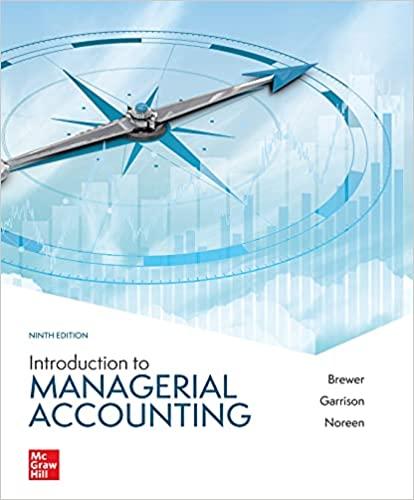Question
Assume that both the Parent and Subsidiary adopt 31 December as their financial year-end. Further assume that the transactions were conducted on cash basis. For
Assume that both the Parent and Subsidiary adopt 31 December as their financial year-end. Further assume that the transactions were conducted on cash basis.
For each of the following independent scenarios in each of the independent parts:
(i) Prepare all the relevant journal entries in the separate financial statements of the respective companies.
(ii) Prepare all the relevant consolidation journal entries for the preparation of the consolidated financial statements of the Parent.
(iii) Compare and contrast the accounting treatment/principles that you had applied in the independent scenarios in each part in preparing the journal entries and consolidation journal entries.
Part 1
- On 20 December 20x1, a 70%-owned Subsidiary sold a piece of inventory X which it bought for $200,000 to its Parent for $300,000. As at 31 December 20x1, that piece of inventory was still with the Parent and the net realisable value of the inventory was $250,000 on this date.
- On 20 December 20x1, a 70%-owned Subsidiary sold a piece of inventory Y which it bought for $300,000 to its Parent for $200,000. As at 31 December 20x1, that piece of inventory was still with the Parent and the net realisable value of the inventory was $250,000 on this date.
(c) On 20 December 20x1, a 70%-owned Subsidiary sold a piece of inventory Z which it bought for $300,000 to its Parent for $200,000. As at 31 December 20x1, that piece of inventory was still with the Parent and the net realisable value of the inventory was $190,000 on this date.
Step by Step Solution
There are 3 Steps involved in it
Step: 1

Get Instant Access to Expert-Tailored Solutions
See step-by-step solutions with expert insights and AI powered tools for academic success
Step: 2

Step: 3

Ace Your Homework with AI
Get the answers you need in no time with our AI-driven, step-by-step assistance
Get Started


